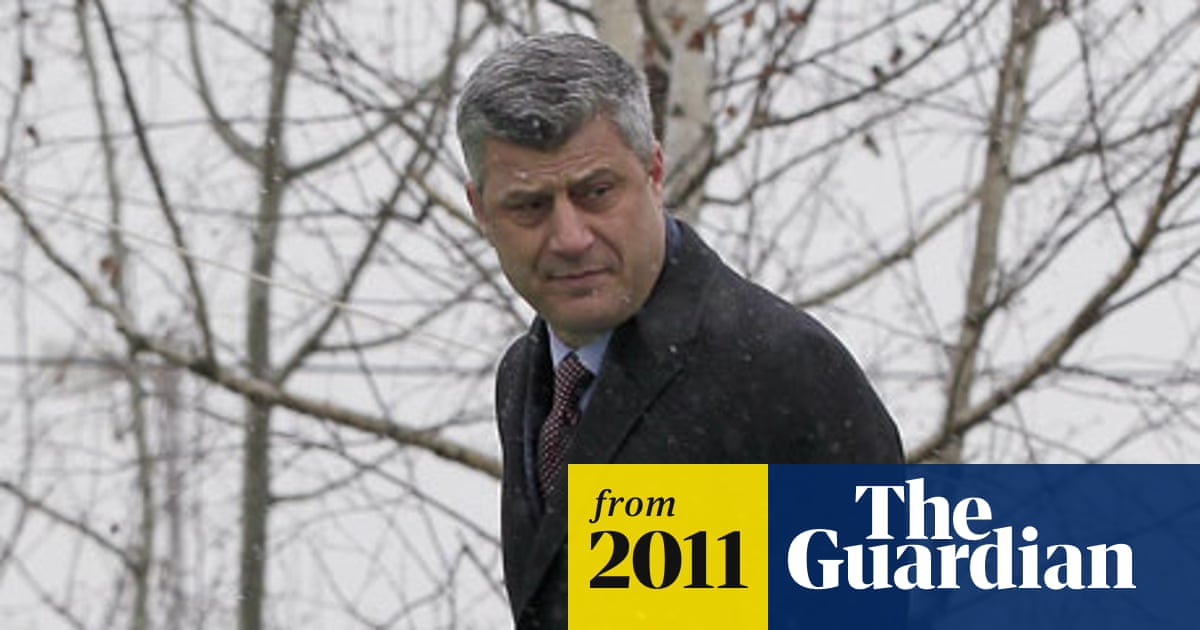Romania was a closed State like Albania people didn't leave or enter, that what I was eluding to
An Communism is not all the same Yugoslavia was the last Socialist Communist State in Europe that is why the West destroyed it and the Croats and Serbs made it happen
An Communism is not all the same Yugoslavia was the last Socialist Communist State in Europe that is why the West destroyed it and the Croats and Serbs made it happen





Comment